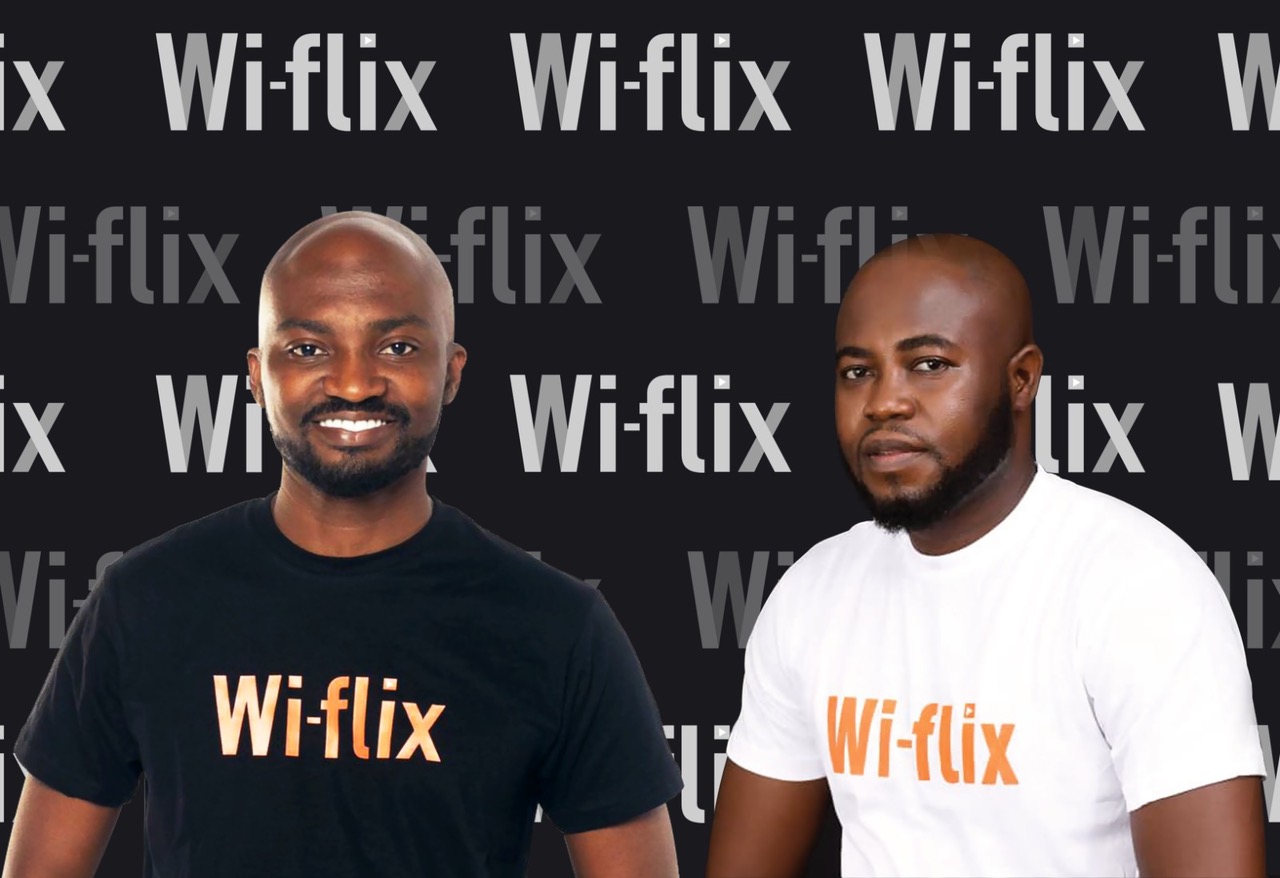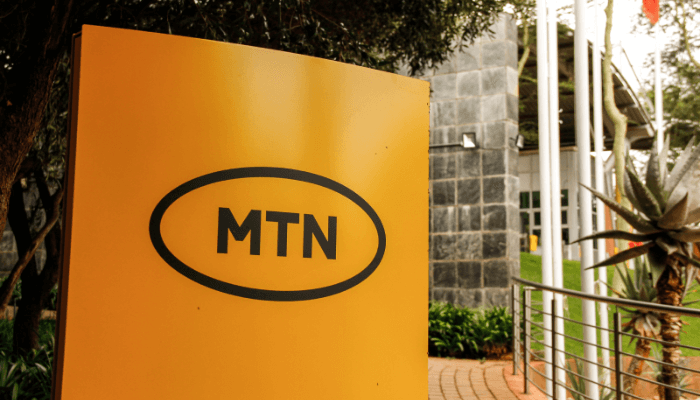As content streaming takes off in Africa, Wi-flix is hoping that its Africa-first approach to content production and distribution will help it stand its ground against global streaming giants like Netflix.
Spurred on by a young population and increasing internet connectivity, London-based business intelligence firm, Digital TV Research, projects subscriptions of video-on-demand in Africa to reach 15 million by 2026.
For context, this figure stood at 5 million in 2021 . Additionally, revenues from the industry are expected to triple from the $623 million recorded in 2021 to $2 billion in 2027.
As the race for subscriptions heats up in North America and Europe, growth is slowing down. This has made leading streaming providers realise the need to divest away from their core markets into emerging ones, and Africa represents that next frontier in the streaming wars.
But as they make their way into the continent, global streaming providers should not expect indigenous streaming services, including the likes of Wi-flix, to lay down and get rolled over.
Having recently launched in Zambia to add to its presence in Kenya, Nigeria, and Ghana, the two-year-old proverbial new kid on the block is ready to bring the fight to streaming incumbents in an industry which has recorded steady growth over the last few years and will continue to for the foreseeable future, according to estimates.
Co-founded by Louis Manu and Bright Yeboah in 2020, Wi-flix mission, unlike the like of existing platforms like Netflix, Disney+, HBO Max, and even Multichoice’s Showmax, who focus on what Manu calls “top-tier” clientele who comprises of upper middle-class earners, Wi-flix’s focus on the alternative market segment who comprise of low-income earners. A Wi-flix subscription costs $2.99 and for context, the cheapest Netflix package starts at $9.99.
“The play for us is to let the big guys chase the high-income earning customers while we focus on the previously neglected low-income earners who make up about 85% of the African population,” Manu tells TechCabal in an interview.
Despite offering a more affordable product compared to incumbents, Manu adds that the quality of content offered on Wi-flix is still premium and well suited for an African audience who, despite a steadily increasing internet and smartphone penetration rate, still have to deal with one of the most expensive internet rates in the world.
Creating an enabling environment for content consumption
In order to deal with the barrier of expensive internet which bars low-income users from consuming content even though they want to, Wi-flix has focused on bundling its market expansion with strategic partnerships which avail data to users to use the service.
“In Africa, for a month of decent internet, users have to shell out amounts between $50 and even $70. Additionally, they also have to pay between $10 and $50 to subscribe to the streaming platforms. That is a whole lot of money in a continent where household incomes are very low and to address that, we have partnered with network operators in some of our markets to offer data bundles for Wi-flix subscribers,” said Manu.
That rationale has led to strategic partnerships in Kenya, Ghana and Nigeria where it has partnered with Safaricom, Vodafone, and MTN respectively. That strategy seems to be working as of March 2022, just over a year since its inception, Wi-flix reached one million paid subscriptions. For context, Showmax had 861,000 subscriptions at the time despite having a five-year headstart on Wi-flix.
“To reach 1 million-plus subscriptions by over 300,000 customers in just a little over a year is a remarkable benchmark for any streaming platform that we don’t take for granted. We have recorded a 51% and 61% growth in revenues and subscriptions simultaneously in the first quarter of 2022,” said Manu at the time.
“We believe in the unbeatable product proposition we offer to our customers and the incredible team of experts we assembled since we launched, however reaching this milestone in this short while affirms that indeed we are on the right track to greater achievements.”
[African] content is king
Last month, Netflix put out its sub-Saharan socio-economic impact report, purporting to show the impact that the streaming giant has had on the continent since its entrance into the market in 2016. In the report, Netflix claims to have supported the creation of over 12,000 jobs and generated $218 million to the GDPs of South Africa, Kenya, and Nigeria, where they are operational.
Additionally, the company claims to have funded economic activity which created over $44 million in tax revenue and an increase of over $200 million in household income.
The investment into the creation and distribution of African content via Netflix originals and other shows, the streaming giant proceeds, has shown the potential that African content has on par with the rest of the world.
When it comes to the topic of the quality of African content, Manu shares the same sentiments as the competitor.
“In Africa, Nigeria has a lot of filmmakers, Ghana has a lot of filmmakers, Kenya, and South Africa too. But most of the guys, whose content is really high quality, are not able to put their content on big platforms where they can monetise it quite handsomely. All they do is put it on YouTube, or make copies to sell on the streets,” said Manu.
To provide a solution to that, Manu states that Wi-flix pays creators for every stream they get, in a sort of revenue-sharing model, on top of providing a platform for millions of potential consumers of that content for free. Although he wouldn’t share exact figures of how much they have paid out to content creators, Manu claims that it is a significant amount which has allowed creators on the platform to earn a living.
“Our revenue sharing model allows us to bridge the gap between content and the value that creators are able to get from it. Not only do we create a platform for creators’ content, but we also ensure that for every stream garnered, our creators are getting paid for it,” added Manu.
To further facilitate the monetisation of content, Wi-flix is also getting into the business of commissioning content from creators, a strategy which has thus far worked wonders for Netflix with titles like South Africa’s Blood & Water And Nigeria’s Blood Sisters receiving global acclaim.
“We have already started creating our own originals as well as commissioning others through collaborations with other ecosystem players. Some of the originals are already on air and others are in post-production. Additionally, we have set up a post-production studio in Ghana which enables us to polish creators’ content to align with international standards. All in all, under maximum capacity, we are planning to churn out at least a hundred titles a year from the studio,” said Manu.
Playing in the big boy leagues
Despite having been in operation for under three years, Manu states that they don’t consider themselves a “small platform” anymore, talk which is backed by Wi-flix’s impressive growth trajectory over the last few years.
But with growth and expansion comes unique challenges and Wi-flix is no stranger to those. The first challenge, Manu says, is the production quality of some content they receive.
“African content is great but the issue we face is normally the quality. This is due to the fact that most creators unfortunately have limited budgets so they just do with what they have and most of the time, this does not meet international standards. Our studio in Ghana helps a lot with content cleaning,”
Another challenge Manu mentions is the lack of understanding of Wi-flix’s revenue sharing model by filmmakers and distributors. In most cases, creators expect to sell their content to streaming platforms for a lump sum and keep it moving, with a revenue-sharing model being seen as not so attractive.
“Our value proposition to creators is to say let’s generate traffic for you so you can earn from your work. We make them understand that with our model, your earnings increase as the popularity of your content also surges, unlike with a lump sum model where content can blow up while the creator was given peanuts for it. In some cases, we get pushback from creators about this model but I have to say, over the last few months, the reception to it has been mostly positive,” said Manu.
Only the beginning
In August last year, Netflix’s head of African originals, Dorothy Ghettuba, stated that it was the streaming giant’s belief that “Africa is one of the major creative centres for great storytelling that resonates around the world, so it only makes sense for us to increase our investment with our slate, with an even more exciting slate.”
Netflix had an estimated 2.6 million subscribers in Africa at the end of 2021, and the total number is projected to grow to 5.6 million by 2026. Showmax too has shown unwavering belief in the supremacy of African content and is looking to double down on its production and distribution.
“Showmax’s audience prefers local content, with seven of the 10 most streamed titles in South Africa, eight of the top 10 titles in Kenya and Nigeria, and nine of the top 10 in Ghana last year being African. This has been a key driver of Showmax’s growth,” said CEO Yolisa Phahle in an interview with Quartz.
Despite the competition from these well-funded platforms, Manu believes in the supremacy of Wi-flix product offerings and believes they can be able to bring the fight to whoever.
“To us, the increase in competition reaffirms the validity of the industry, which is a good thing. But our product has stood out not because we spent millions in marketing but because of our conscious efforts to really target and fix the real issue on the ground in terms of content production, distribution and availability. We have hit many milestones and achieved traction with that and we are only a few years old. There are so many iterations coming which will improve the appeal of our product and this is only just the beginning,” concluded Manu.
With African content and its creators taking centre stage in this new frontier in streaming, platforms like Wi-flix are looking to capitalise on their ability to serve the African market. Intense competition not only amongst indigenous and Africa-first platforms as well as their global counterparts will serve to further amplify the reach of such content, a welcome development.





















